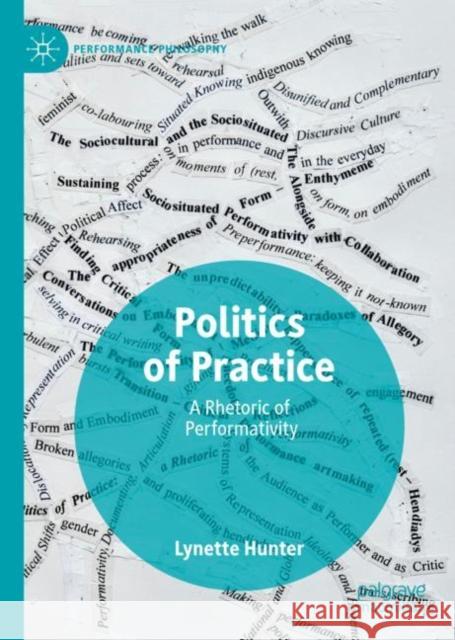Politics of Practice: A Rhetoric of Performativity » książka
topmenu
Politics of Practice: A Rhetoric of Performativity
ISBN-13: 9783030140182 / Angielski / Twarda / 2019 / 278 str.
Politics of Practice: A Rhetoric of Performativity
ISBN-13: 9783030140182 / Angielski / Twarda / 2019 / 278 str.
cena 307,56
(netto: 292,91 VAT: 5%)
Najniższa cena z 30 dni: 289,13
(netto: 292,91 VAT: 5%)
Najniższa cena z 30 dni: 289,13
Termin realizacji zamówienia:
ok. 16-18 dni roboczych.
ok. 16-18 dni roboczych.
Darmowa dostawa!
Kategorie:
Kategorie BISAC:
Wydawca:
Palgrave MacMillan
Seria wydawnicza:
Język:
Angielski
ISBN-13:
9783030140182
Rok wydania:
2019
Wydanie:
2019
Ilość stron:
278
Waga:
0.50 kg
Wymiary:
21.01 x 14.81 x 1.75
Oprawa:
Twarda
Wolumenów:
01
Dodatkowe informacje:
Wydanie ilustrowane











